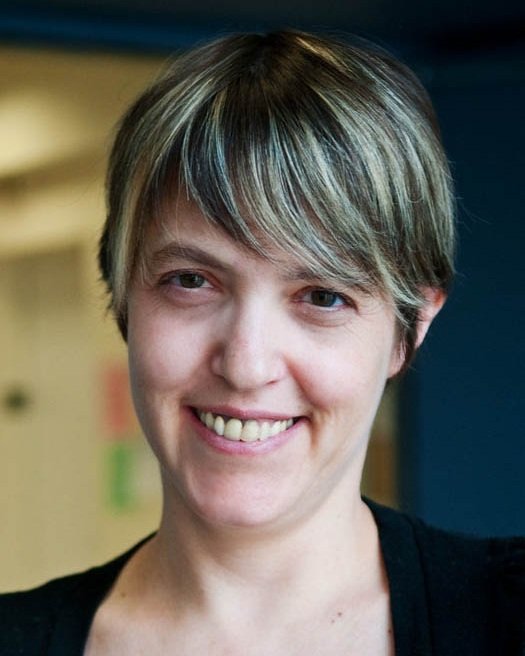LIMOR LANDSMAN
BIOGRAPHY
Limor Landsman joined the Department of Cell and Developmental Biology at Sackler Faculty of Medicine, Tel Aviv University in October 2012. She received both her M.Sc. and Ph.D. degrees from the Weizmann Institute of Science, and she completed her postdoctoral training at the University of California San Francisco (UCSF)- Diabetes Center.
Her award-winning research has been published widely in notable journals. Her group studies how the functionality and mass of beta-cells are maintained in health and why they are lost in diabetes. To this end, they research the crosstalk between beta-cells and cells in their microenvironment.
TOPIC: POST-EMBRYONIC BETA-CELL DEVELOPMENT: THE ROLE OF THE PANCREATIC MICROENVIRONMENT
Glucose homeostasis depends on regulated insulin secretion from pancreatic b-cells, which acquire their mature phenotype postnatally. b-Cells functional maturation is regulated by a combination of cell-autonomous and exogenous factors; the identity of the latter is mostly unknown.
Beta-cells reside in the islets of Langerhans, which are highly vascularized by a dense capillary network comprised of endothelial cells and pericytes. We identified pericytes as a critical constituent of the islet niche required for proper b-cell development, proliferation, and function. We showed that pericytes secrete factors to induce and support the mature functional phenotype of beta-cells.
Further, factors naturally produced by postnatal pericytes promote the functional maturation of stem-cell-derived b-cells. Thus, our studies highlight the need to recapitulate the physiological islet niche for generating fully functional b-cells for cell replacement therapy for diabetes.

